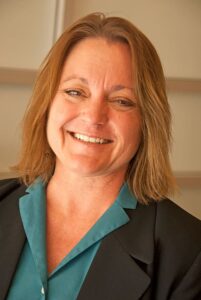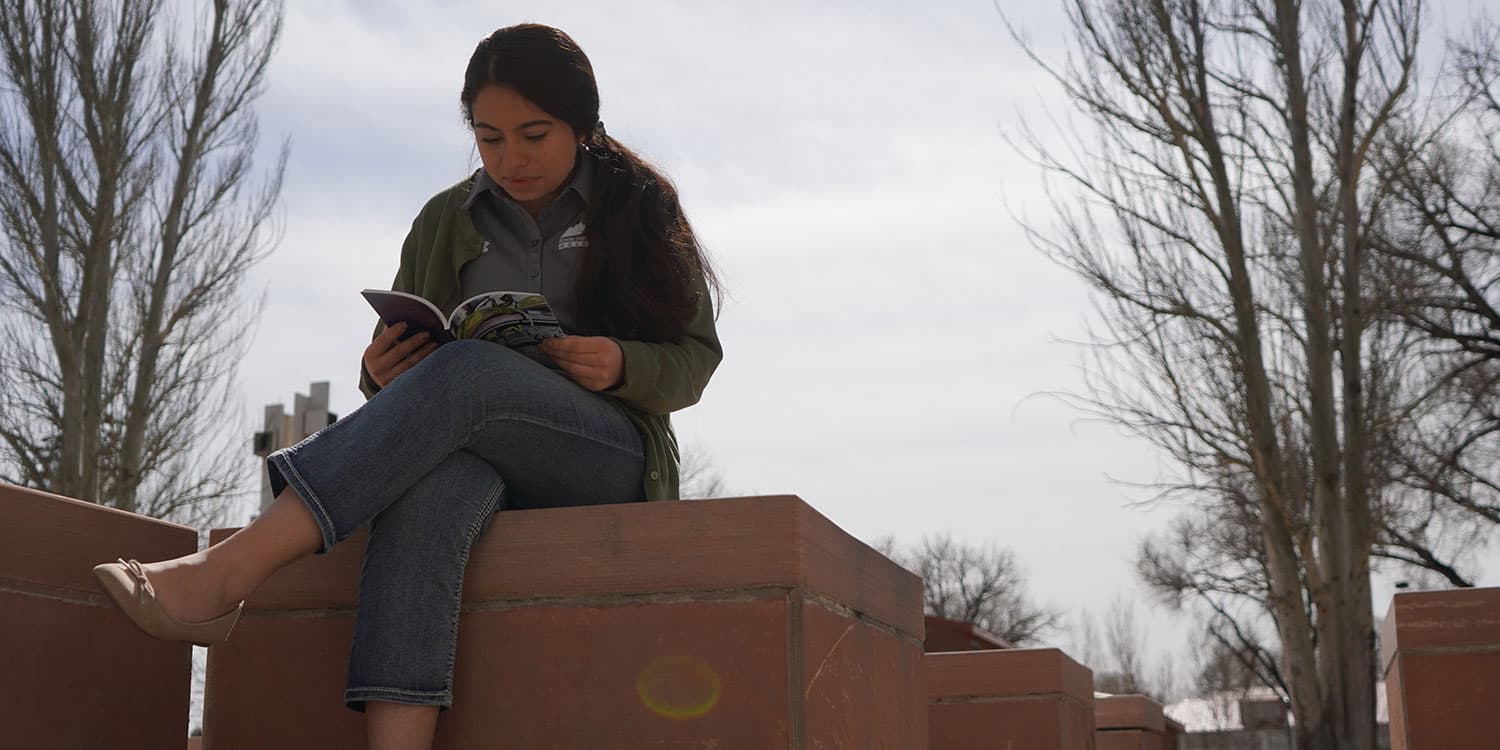By Peggy Spear
A unique Adams State graduate program is changing the face of higher education.
“It is not only inspiring but much needed to create positive change on university and college campuses,” says Jennifer Alanis, Ph.D., Associate Dean of Institutional Diversity & Title IX Coordinator at Harvey Mudd College and adjunct faculty in the Higher Education Administration and Leadership (HEAL) program at program.
It’s no secret HEAL is helping address some of the institutional and systemic issues facing Hispanics in the world of college administration. The graduate program prepares higher education professionals to manage and lead in institutions of higher education, especially Hispanic-Serving Institutions (HSIs), and to enhance the success of the students they serve.
The HEAL program has been recognized by Excelencia in Education as making a positive difference in the educational achievement of Latinx students in higher education.

And no one is working harder at making that happen than the head of the program, Melissa Freeman, Ph.D., a self-identified “energizer bunny” who not only powers the program to work, but takes a personal interest in all her students.
Another alum of the program, Alfonzo “Fonz” Velasquez, ’20, an instructional designer/trainer for the Academic Instructional Technology Center (AITC) at Adams State, says “the HEAL program meant a better understanding of the obligation that Hispanic-serving Institutions have in the higher education world.”
And, says Andrea Benton-Maestas, 2012 Cohort A, activity director of the Title V PPOHA (Promoting Post-secondary Opportunities for Hispanic-Americans) Expanding Access grant at Adams State, “the knowledge gained helped to instill the confidence I needed to become a more active participant in the various levels of this institution. I have a better handle on collaborating with the other facets of the institution, to understand the issues facing the higher education arena and make better informed decisions.”
Of course, Freeman has a vested interest in keeping the program alive. She remembers, back in 2007 – as a newly minted Ph.D. who followed her husband to Adams State, where he was a provost – she had an idea. Why not apply for a grant to get a graduate program for Hispanics in higher education leadership?
“I wondered why higher education administration was mostly old white men?”
That sentiment is echoed more than a decade later by one of her alums. “Students, especially Hispanic students need to see someone that looks like them in successful positions,” Velasquez says. “Seeing someone like them succeed gives them hope that they too can earn that education that can expand their opportunities and attain those leadership positions.”
Freeman gathered some professors and administrators behind her, and to her surprise, they received the grant. HEAL was born, and graduated its first cohort in 2012.
Soon after, Freeman left for a job at the University of Denver. She came back to Adams State a year later, only to find the HEAL program ailing. She took it over again, revamping the curriculum to reflect more social justice.
“It’s easier to build a new house than renovate an old one,” she says.
Unfortunately, because of COVID, she had no spring graduates last year, but that didn’t stop Freeman from seeking grants for the program and garnering praise in the higher education circles. She fought to get more funding, navigate COVID and a bigger battle with breast cancer that was diagnosed in late 2019, and is luckily now in remission.
But none of that has stopped her from teaching her mission of preparing graduate students for more success as Hispanics in a world that has been dominated by white men.
One such ideal is delineated by Benton-Maestas: “The first step is to meet them where they are…help direct them to the resources they need to make them successful. Second, serve as an example, and bring them along with you. In other words, provide them opportunities to show their worth. Guide them through the mistakes/missteps and laude them for their accomplishments. But most of all, give them credit for their hard work. Third, invite them to the table and allow them to use their voice. This is another opportunity to mentor them on how to address the intended audience, focus on the issues at hand, and to help provide solutions rather than solely complaints.”
Alanis is a little more blunt: “Representation matters! The more individuals that graduate who represent historically excluded communities means that the more representation will be there, along with their voice and their advocacy.”
And that’s a shot in the arm for Freeman – and for HEAL.



